Research and Training

The Centre has continued to deliver high-quality postgraduate and postdoctoral training for the next generation of researchers and research leaders and create a world-class research training environment.
Since the Centre began in 2014, we have run over 36 research training workshops, 34 individual coaching sessions, 6 Robotic Vision Summer Schools, and offered targeted training presentations at our annual conference, RoboVis.
The objectives of our research training program are to:
- Develop and support the next generation of robotic vision experts
- Prepare our leaders for diverse career pathways
- See our graduates and alumni form new companies in Australia’s emerging robotic vision industry and give them the skills and support they need to take robotic vision to the world.
The Centre’s research training program focuses on 5 key areas: careers, entrepreneurship, knowledge leadership, project management, and media training. At the end of 2019 we surveyed our PhD researchers, Research Fellows, and Research Engineers to gain feedback on the program offerings and suggestions for the 2020 training program.
Like so many of our activities this year, training within the Centre transitioned to online delivery. We succeeded in delivering a tailored program of 20 training sessions over three months and had almost 200 attendees from across all four Centre nodes participate.
We had fantastic, inspiring speakers who, despite the barriers sometimes associated with online training delivery, managed to engage the audience and deliver interactive sessions.
Careers Training
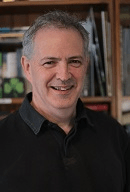
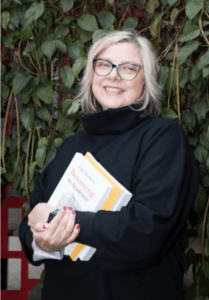
For Careers training we were joined by Hugh Kearns of ThinkWell who presented two workshops on “Planning your Research Career” and provided insight and practical tips and tools for researchers to create an achievable plan for their academic career. Additionally, Dr Inger Mewburn, the Thesis Whisperer, talked about the changing academic job market and the opportunities for researchers to move into careers in industry post-PhD.
“Hugh’s insights, perspectives, and recommendations for all elements of career development were wonderful. Hearing him breakdown career progression so simply and directly makes planning your future career direction seem entirely manageable (which is a big feat!)”
“Everything Inger said had comprehensive research underneath, which really added an extra dimension to understanding the landscape of potential post PhD careers in Australia” – Ben Talbot, Research Fellow
Equity, Diversity and Inclusion
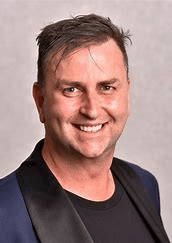
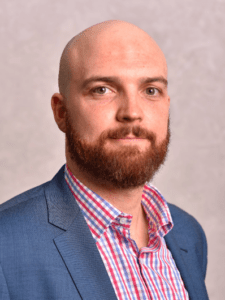
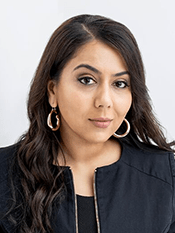
The focus for our knowledge leadership training in 2020 was the critical area of equity, diversity and inclusion. As a member of Diversity Council Australia (DCA), the Centre partnered with DCA to present four sessions including ”Unconscious Bias’” and “Words at Work” with Andrew Maxwell, “Engaging Men at Work” with Zach Ghirardello, and Mariam Veiszadeh explored why culturally diverse talent is locked out of leadership positions in Australia and gave practical tools for our participants in her session “Cracking the Cultural Glass Ceiling”. All of these sessions highlighted the importance and benefits of a diverse workplace. They created awareness of issues at work and gave attendees practical approaches to ensure their projects, teams and workplaces are inclusive and safe environments.
“This information helped me understand what other people experience that I don’t, and what we can do to make sure we make actual progress in removing systematic inequality from our workplace.” – Dimity Miller, PhD Researcher
Communications and media training
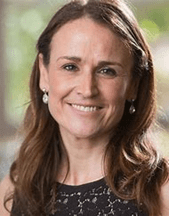
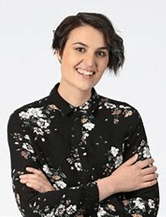

“Becoming a SuperSTEM Communicator” was a real highlight of the training program run by Science and Technology Australia (STA). The 5-week program covered: Overcoming Imposter Syndrome; Communicating with Influence; The Art & Science of Storytelling; Working with the Media; and Marie Kondo your Writing. Our researchers learnt how to communicate with influence and really ‘tell their story’ in a way that is exciting, engaging and accessible to their audience. STA also ran a standalone “Creating a Personal Brand” session where participants were given advice on how to create a public image and presence and gain exposure in their areas of interest.
We also ran a two-day workshop that included mock radio and television interviews and the chance for researchers to ‘pitch’ to media. Run by Econnect Communication, this session gave researchers practical hands-on skills to use when working with the media.
“I gained a lot of useful insights into how to communicate more simply, and clearly. It is something I need to get much better at, so all of the tips from the presenters were invaluable.” – David Hall, Research Fellow
Entrepreneurship
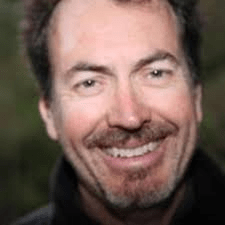
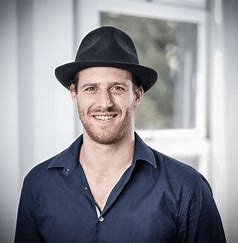
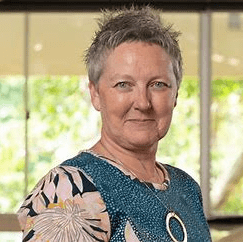
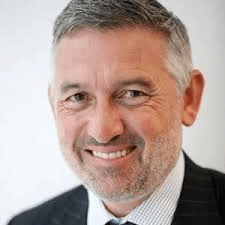
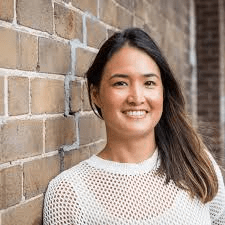
It’s exciting to witness the increasing interest in robotics across broad application areas, the commercial investment in these areas, and the rise of robotics start-ups. The Centre therefore decided to run two Q&A panel discussions to provide an overview of the tech start-up landscape in Australia, give advice to researchers on how they could get their idea off the ground, and how to secure investment. The sessions were moderated by Chief Investigator Feras Dayoub and we had a fantastic line up of panelists: Victor Vicario, CEO Arc Hardware Incubator; Professor Rowena Barrett, Executive Director QUT Entrepreneurship; Ian Maxwell, Techology Entrepreneur and Investor; Samantha Wong, Blackbird Ventures; and Mike Nicholls, Main Sequence Venture.
Project management
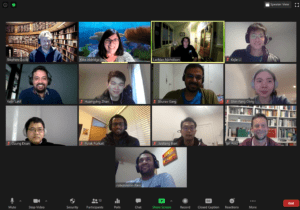
All Centre researchers are part of at least one research (or demonstrator) project team and gain first-hand experience in project management through participation in them.
The Centre conducts project and demonstrator reviews twice a year where a member of the Centre Executive acts as the project reviewer and evaluates the performance, efficiency and effectiveness of the project and team, and makes recommendations for future focus and milestones. Team members including PhD Researchers, Research Fellows and Investigators present their research to date and the future direction of their work, and how this links to the Centre’s mission. Project teams meet regularly via Zoom videoconferencing and document their project milestones and progression in the Centre’s wiki, Confluence. All project reviews were conducted via Zoom during 2020 with the last sessions held in July followed by Project Impact presentations delivered by the Project Leaders at our annual conference, RoboVis, in November.
Feature image photo credit: putilich, iStock/Getty Images Plus